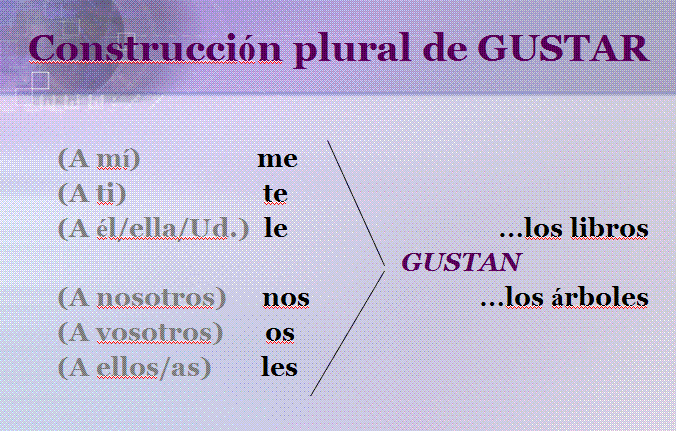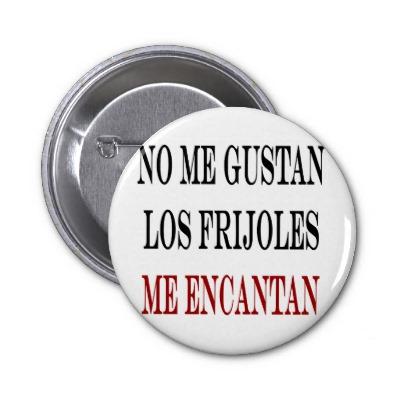Difference between Gusta and Gustan

Gusta and gustan are two Spanish verbs which are often used synonymously. However, there is a considerable difference between the two as the former is singular and the other is plural. It is to be noted that the Spanish use verbs differently than the English. Gusta and gustan are two different types of the verb ‘Gustar’.
Besides, in Spanish, gusta and gustan are used to represent a subject in the sentence. In Spanish, the subject is represented by object instead of the person. Gustan is used in a sentence which has a plural subject. For example, in ‘Nos gustan los libros’, ‘libros’ which means ‘books’ in the subject which is plural. In contrast, ‘Nos’ which means ‘us’ is the object in the sentence. Likewise, in the sentence, ‘Me gusta el pescado’, the subject is ‘el pescado’ i.e. ‘the fish’ while the object is ‘Me’ i.e. ‘I’. Since, fish is a singular subject, therefore, gusta is used with it. On the other hand, ‘Me’ is used as an indirect object which has nothing to do with gusta or gustan.
Gusta and gustan are often referred to the English verb ‘like’. But, in the Spanish language, verbs are used differently as they don’t mean ‘like’. However, they are used to express positive feelings towards something. For instance, ‘Me gusta el pescado’ means ‘Fish is pleasing to me’ in English and ‘Nos gustan los libros’ means ‘The books are pleasing to us’. Hence, it is clear through this example that gusta is used as singular with ‘fish’ whereas gustan is used as plural with ‘books’. In addition, the expression of the term ‘like’ is completely different as compared to ‘pleasing to’ in the Spanish and English language.
Gusta is used for ‘me’ (I), ‘te’ (you) and ‘nos’ (we), only if the subject is singular. For instance, ‘Me gusta el libro’ means “The book is pleasing to me”, ‘Te gusta el libro’ means “The book is pleasing to you”, ‘Nos gusta el libro’ means “The book is pleasing to us”.
Contrarily, if the subject used in the sentence is plural, gustan is used. For instance, ‘Me gustan los libros’ means “The books are pleasing to me”, ‘Te gustan los libros’ means “The books are pleasing to you”, ‘Nos gustan los libros’ means “The books are pleasing to us”.









